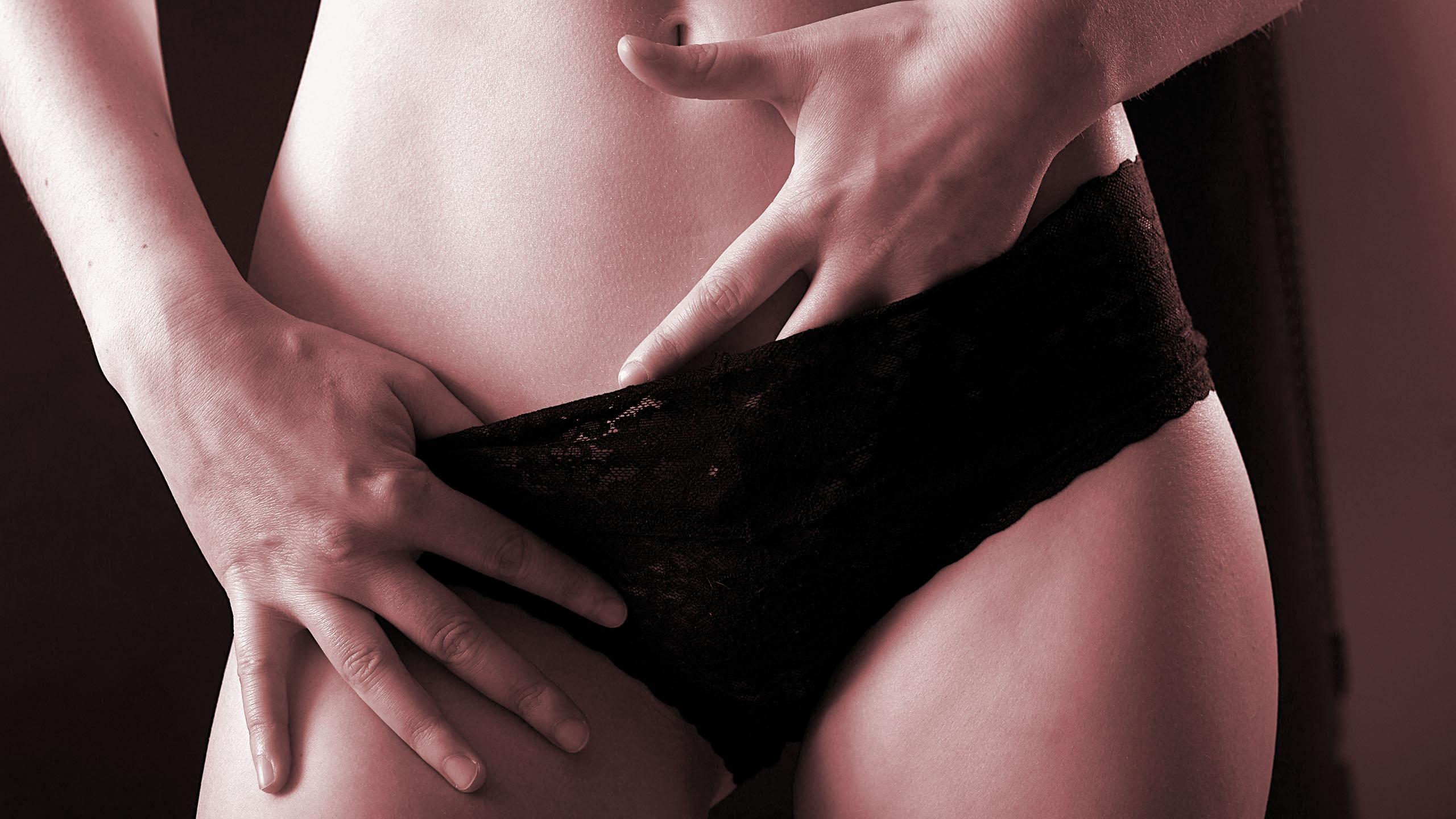By Andrea Josic
On the subway ride home from a date with my then-boyfriend, I thought about my life before I had come out. I remember the guilt I felt in Grade 8 when I realized I had a crush on a girl in my neighbourhood, just weeks after I had my first kiss with a boy. Growing up, I was constantly on edge about the validity of my bisexuality. I knew I wasn’t straight, but when I consumed media with bisexual characters, I never felt represented. Was my identity really just something made up for the male gaze or straight people “experimenting” in college?
These thoughts were provoked by something my ex said: “Nobody comes out as bisexual, that’s not a real thing. Anyways, you’re with me now.” I think it would’ve hurt less if he said it with the intention to make me feel bad. The fact that he said it so casually as if it were true shattered the small amount of confidence I had. In that moment, all of the judgment and ignorance I faced came up at once.
What makes up an individual is multifaceted. Finding a sense of self-worth is difficult in a world that tells people every out-of-the-norm part of themselves is wrong. Some of the earliest ideas of self-esteem and self-love in modern society are credited to psychologist William James in the late 19th century. He reasoned that humans measure their worth by comparing their success to their expectations. Over the years, this theory has been debunked because of the fact that nobody is able to control how often they fail. More recently, it’s become about what people take away from their experiences.
The complexity of self-love thickens when it comes to the intersectionality of identities. Kelisha May, a 21-year-old Ryerson student who is Black, queer and practices non-monogamy, says it’s difficult to find a soft landing place in a super heteronormative world that isn’t kind to people of colour. There are a lot of aspects of her identity she’s working on unpacking and accepting.
It’s been easier for May to be open about her queerness than her non-monogamy with her family. When she told a cousin about her non-monogamy, they assumed it was because May wanted to sleep around. While that might be the case for some non-monogamous folks, May enjoys sharing a space and connecting with people on an emotional level. Practicing non-monogamy has allowed May to unlearn her demons. “I want to be honest with myself,” she says.
May admits that she still struggles within insecurities but her self-love has grown. A few years ago, she wouldn’t have been able to treat herself so kindly. “If I’m not telling the truth, I’ll feel guilty. I’m not carrying that heaviness because there are so many things in this world that try to make me feel heavy.”
Al Mcdonough, a genderqueer Ryerson student who uses they/them pronouns, feels as though non-monogamy allowed them to be transparent in a way that’s not usually encouraged in society. Mcdonough feels like the experiences of coming out as non-monogamous and gender nonconforming are similar because a lot of the reactions to both are the same: “What the fuck is that? That’s not real.”
Despite their experiences, Mcdonough has tried to work towards self-love by creating not only a space for others in their life, but a space to process their own insecurities. “My gut knows if somebody does not communicate with me transparently,” says Mcdonough, “and that is learned from having trauma.”
It’s difficult to overcome the barriers of certain identities and the trauma that can come from the experiences attached to them, especially when you’re in touch with yourself. At 17, Ryerson student Tarim Farzana was arranged into a marriage with a man who became abusive. First, he abused her emotionally and verbally, and then physically and sexually.
“During that relationship, I lost all sense of self-love. Especially when the emotional abuse took place,” said Farzana. “It strips you of any feeling of beauty, love and self-respect.” Eventually, Farzana left her husband. Now, 22 and in her first year in social work at Ryerson, she is still learning how to love herself following the marriage. She created a practice where she would sit in front of a mirror and repeat everything her ex-husband used to do and say and would counter it with positive affirmations.
In a report by Christopher K. Germer and Kristin Nef, the founders of The Centre for Mindful Self-Compassion, they describe self-compassion as a “platform for healing.” Germer and Nef believe that negative experiences are necessary in order for individuals to learn how to treat themselves gently, and in turn, relearn how to love themselves.
“That’s what self-love means to me,” says Farzana. “Being able to look at yourself and remind yourself of what you went through and still be able to call yourself beautiful.”










Leave a Reply